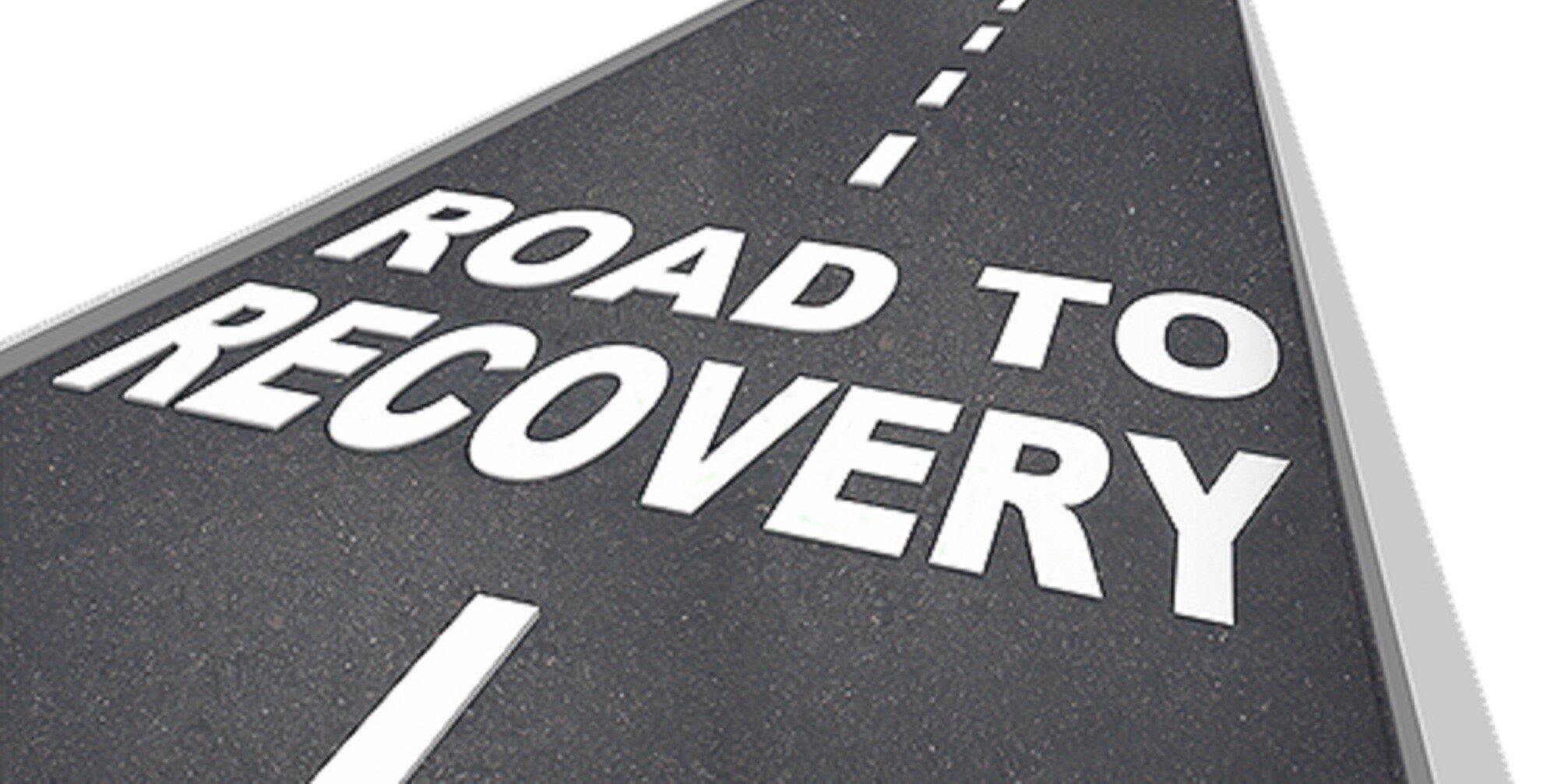Addiction and Co-occurring Disorders from a SMART Recovery Perspective:
A Manual for Group Therapists
by Dawn Adamson, RN, CPMHN(c), CARN, and A.G. Ahmed, MD, FRCPC
This new publication was developed in the forensic unit at Brockville Mental Health Centre, a division of the Royal Ottawa Health Care Group. “A significant percentage of individuals within the forensic service have drug-related problems, either as the principal diagnosis or as a co-morbid condition. With that in mind, this program and Manual aim to engage the individual in the recovery process, increase individual insight, motivate, and sustain change through education and skill development. The program has been adapted and delivered in a community setting to individuals with co-occurring mental disorders,” states co-author Dawn Adamson.
The program incorporates The Integrative Model of Change (Prochaska and DiClemente, 1984), Rational Emotive Behavior Therapy (Ellis, 1991) and Solution Focused Therapy (DeShazer 1991).
There are three main objectives for this program:
- 1) Engage the individual in a therapeutic relationship and motivate change through education. Education focuses on the relationships between drug use, mental disorders, offending behavior, self-defeating behaviors, and the process of change. This approach is non-judgmental.
2) Facilitate sustained cognitive and behavioral changes using Rational Emotive Behavior Therapy and Solution Focused Therapy. The individuals receive ongoing motivational support while learning specific strategies to achieve and maintain abstinence.
3) Encourage individuals to continue to seek ongoing support and provide an introduction to the SMART Recovery® program and tools.
Barbara McCrady, Director, Center on Alcoholism, Substance Abuse and Addictions, University of New Mexico states: “This is an accessible, easy-to-use therapy manual with helpful exercises and a strong scientific base. The group therapy format is particularly desirable for front-line treatment programs.”
The Manual includes thirty-one (31) group sessions. Each session includes discussion, exercises and/or role-plays, questions for the facilitator to pose to the group for discussion, and self-help homework. Chapter topics include: Getting Started/Motivated (4 sessions); Changing Your Beliefs (8 sessions); Coping with Cravings (10 sessions); Following Through (9 sessions). Eight (8) optional sessions are included, addressing drug facts, definitions, relationship between drug use, mental disorder and offending behavior, and more.
The 282 page Manual is co-authored by Dawn Adamson, RN, CPMHN(c), CARN, and A.G. Ahmed, MD, FRCPC, both of whom have extensive backgrounds working with individuals with mental health and addiction issues.





